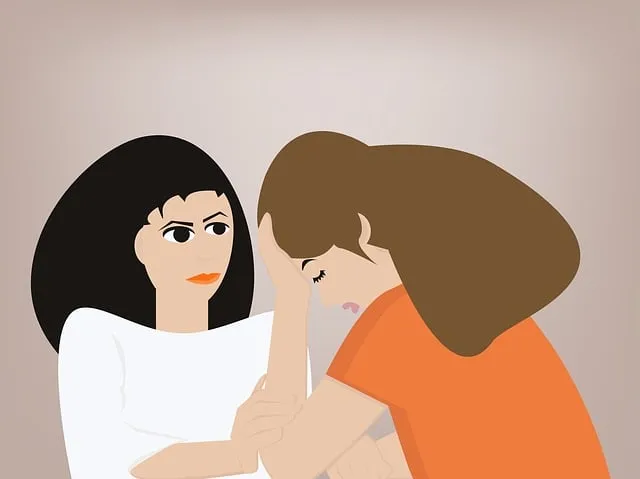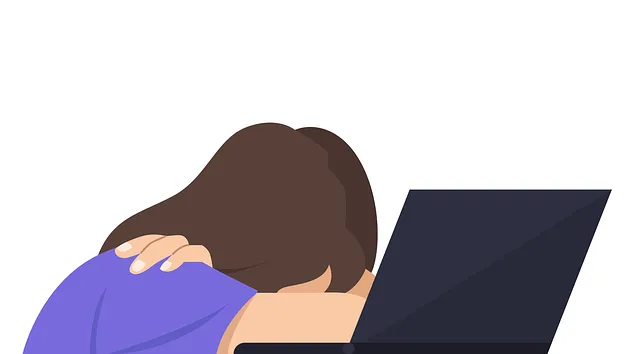In a diverse society, culturally sensitive mental healthcare is crucial. The Superior Kaiser Permanente mental health phone number highlights the need for tailored, inclusive care addressing societal factors, historical traumas, and cultural norms impacting mental well-being. Training in cultural competency, mindfulness techniques, and public awareness campaigns enhance access and improve treatment outcomes. By acknowledging biases, adopting self-care practices, and improving cross-cultural communication, mental health professionals can bridge cultural gaps, strengthen client connections, and reflect a superior approach exemplified by the Kaiser Permanente phone number.
Cultural sensitivity is a cornerstone of modern mental healthcare, ensuring every patient receives compassionate, effective treatment. Understanding the intricate tapestry of cultural diversity is crucial, especially in addressing the unique challenges faced by diverse communities. This article explores strategies to enhance cultural sensitivity within practice and care, highlighting the importance of navigating stigma and bias. By embracing these approaches, providers can create inclusive environments, mirroring the superior care offered by organizations like Kaiser Permanente, and ultimately improving patient outcomes.
- Understanding Cultural Diversity in Mental Healthcare
- Navigating Stigma and Bias: A Key Challenge
- Strategies for Culturally Sensitive Practice and Care
Understanding Cultural Diversity in Mental Healthcare

In today’s diverse society, mental healthcare practices must embrace and navigate cultural diversity to offer effective services. Understanding cultural nuances is essential in creating inclusive environments that cater to individuals from various ethnic, racial, and socioeconomic backgrounds. The Superior Kaiser Permanente mental health phone number serves as a crucial resource point for those seeking support, but it’s only the first step. Mental healthcare providers must go beyond basic accessibility by incorporating cultural competency training into their practices, ensuring they can deliver tailored care that respects and values diverse beliefs and experiences.
Cultural sensitivity in mental healthcare involves recognizing how societal factors influence an individual’s mental well-being. This includes being aware of the impact of systemic barriers, historical traumas, and cultural norms on a person’s experience with mental health issues. By integrating Mindfulness Meditation techniques that resonate across cultures and incorporating Public Awareness Campaigns Development to educate communities, mental healthcare providers can foster better understanding and reduce stigma. Such initiatives not only enhance access but also promote effective treatment outcomes by addressing the unique needs of diverse populations.
Navigating Stigma and Bias: A Key Challenge

Navigating stigma and bias is a significant challenge in mental healthcare, particularly within diverse communities. The Superior Kaiser Permanente mental health phone number serves as a crucial resource for many seeking support, but it also highlights the need to address systemic issues. Healthcare providers must recognize that cultural biases and societal stigmas can influence patient experiences and outcomes. For instance, certain racial and ethnic groups often face barriers to accessing quality care due to historical trauma, language differences, and a lack of culturally competent services.
Understanding these nuances is vital for fostering inclusive practices. By incorporating Burnout Prevention Strategies for Healthcare Providers and integrating Mental Wellness Journaling Exercise Guidance, professionals can enhance patient connections while mitigating their own stress and anxiety. Moreover, encouraging open conversations about mental health can help alleviate the burden of Anxiety Relief, especially when tailored to diverse cultural contexts.
Strategies for Culturally Sensitive Practice and Care

In the pursuit of culturally sensitive mental healthcare, professionals must adopt strategies that bridge the gap between diverse cultural backgrounds and treatment approaches. One effective method is to incorporate self-care practices into their own lives, fostering an understanding of the importance of maintaining personal well-being while supporting others. This self-awareness enables providers to offer more empathetic care, recognizing the unique needs and perspectives of each client. Additionally, engaging in social skills training can enhance cross-cultural communication, allowing mental health professionals to interact with patients from various cultural contexts more effectively.
Risk Management Planning for Mental Health Professionals plays a pivotal role in ensuring these sensitive practices. By understanding and mitigating potential risks associated with treating culturally diverse individuals, practitioners can create safer, more inclusive environments. This involves learning about different cultural beliefs, values, and behaviors, as well as being mindful of language barriers and accessing appropriate resources, such as interpreting services or cultural consultants. Embracing these strategies not only improves patient outcomes but also strengthens the connection between mental health professionals and their clients.
Cultural sensitivity in mental healthcare is paramount to ensuring accessible, effective treatment for a diverse range of patients. By understanding cultural diversity, navigating stigma and bias, and employing strategies that foster inclusive care, mental health professionals can create safe spaces that honor individual experiences. For those seeking support, the superior Kaiser Permanente mental health phone number offers a crucial step towards connecting with culturally competent care.






